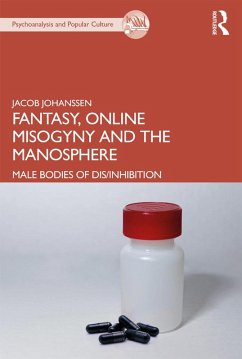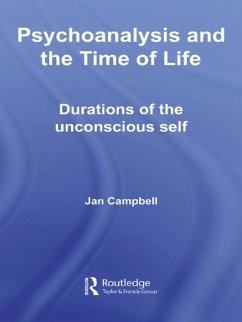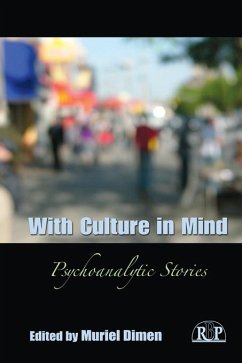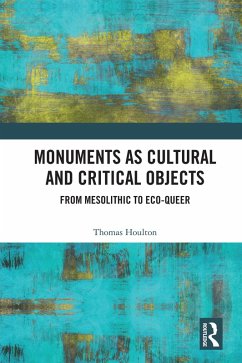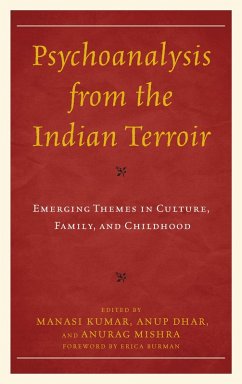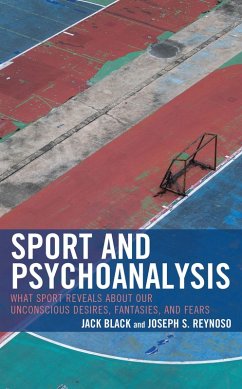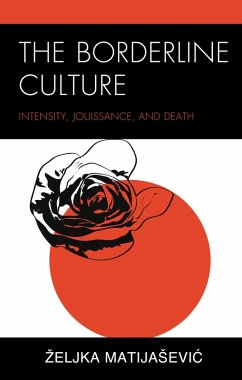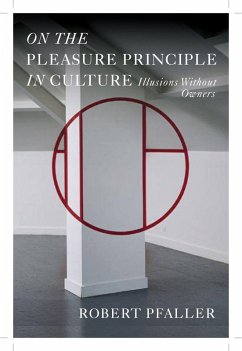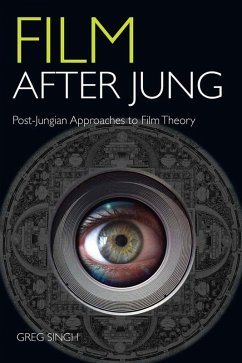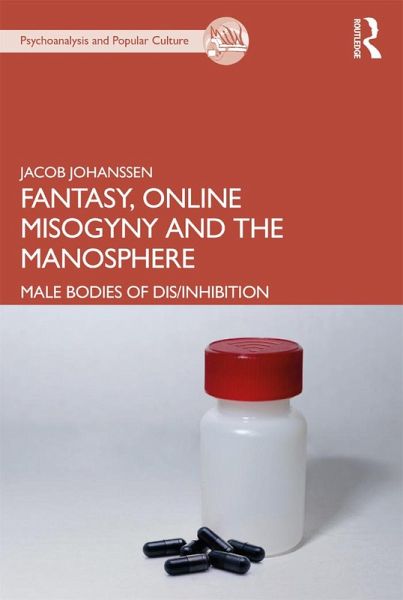
Fantasy, Online Misogyny and the Manosphere (eBook, ePUB)
Male Bodies of Dis/Inhibition
Versandkostenfrei!
Sofort per Download lieferbar
32,95 €
inkl. MwSt.
Weitere Ausgaben:

PAYBACK Punkte
16 °P sammeln!
Nominated for the 2022 Gradiva® Award! This book presents the first in-depth study of online misogyny and the manosphere from a psychoanalytic perspective.The author argues that the men of the manosphere present contradictory thoughts, desires and fantasies about women which include but also go beyond misogyny. They are in a state of dis/inhibition: torn between (un)conscious forces and fantasies which erupt and are defended against. Dis/inhibition shows itself in self-victimization and defensive apathy as well as toxic agency and symbolic power and expresses itself in desire for and hatred o...
Nominated for the 2022 Gradiva® Award!
This book presents the first in-depth study of online misogyny and the manosphere from a psychoanalytic perspective.
The author argues that the men of the manosphere present contradictory thoughts, desires and fantasies about women which include but also go beyond misogyny. They are in a state of dis/inhibition: torn between (un)conscious forces and fantasies which erupt and are defended against. Dis/inhibition shows itself in self-victimization and defensive apathy as well as toxic agency and symbolic power and expresses itself in desire for and hatred of other bodies. The text draws on the psychoanalytic thinkers Klaus Theweleit, Elisabeth Young-Bruehl, Jessica Benjamin and Wilhelm Reich to present detailed analyses of the communities within the so-called manosphere, including incels, Men Going Their Own Way (MGTOW), alt-right YouTubers and NoFap users. Drawing on wider discussions about the status of sexuality in contemporary neoliberal technoculture since the sexual revolution of the late 1960s, it illuminates how sexuality, racism and images of the white male body shape the fantasies and affects of many men on the internet and beyond.
Integrating a unique theoretical framework to help understand how today's increase in online misogyny relates to the alt-right and fascism, Online Misogyny and the Manosphere is an important resource for academics in a variety of fields including psychoanalysis, media and communication studies, internet studies, masculinity research and more.
This book presents the first in-depth study of online misogyny and the manosphere from a psychoanalytic perspective.
The author argues that the men of the manosphere present contradictory thoughts, desires and fantasies about women which include but also go beyond misogyny. They are in a state of dis/inhibition: torn between (un)conscious forces and fantasies which erupt and are defended against. Dis/inhibition shows itself in self-victimization and defensive apathy as well as toxic agency and symbolic power and expresses itself in desire for and hatred of other bodies. The text draws on the psychoanalytic thinkers Klaus Theweleit, Elisabeth Young-Bruehl, Jessica Benjamin and Wilhelm Reich to present detailed analyses of the communities within the so-called manosphere, including incels, Men Going Their Own Way (MGTOW), alt-right YouTubers and NoFap users. Drawing on wider discussions about the status of sexuality in contemporary neoliberal technoculture since the sexual revolution of the late 1960s, it illuminates how sexuality, racism and images of the white male body shape the fantasies and affects of many men on the internet and beyond.
Integrating a unique theoretical framework to help understand how today's increase in online misogyny relates to the alt-right and fascism, Online Misogyny and the Manosphere is an important resource for academics in a variety of fields including psychoanalysis, media and communication studies, internet studies, masculinity research and more.
Dieser Download kann aus rechtlichen Gründen nur mit Rechnungsadresse in A, B, BG, CY, CZ, D, DK, EW, E, FIN, F, GR, HR, H, IRL, I, LT, L, LR, M, NL, PL, P, R, S, SLO, SK ausgeliefert werden.




